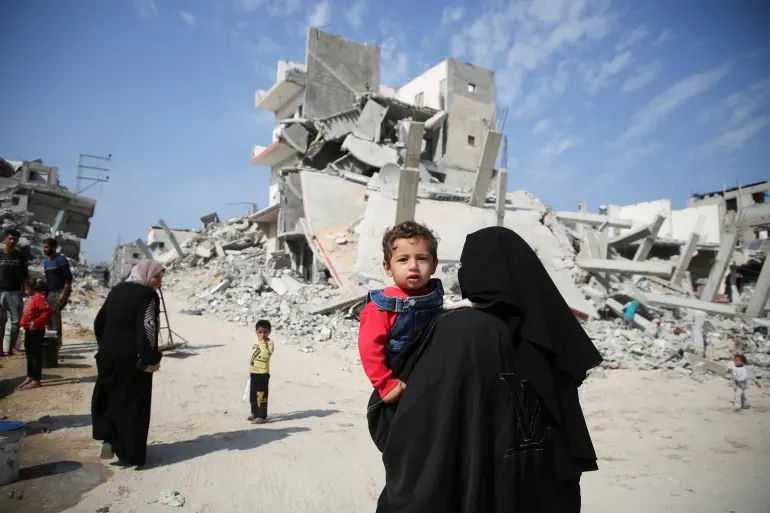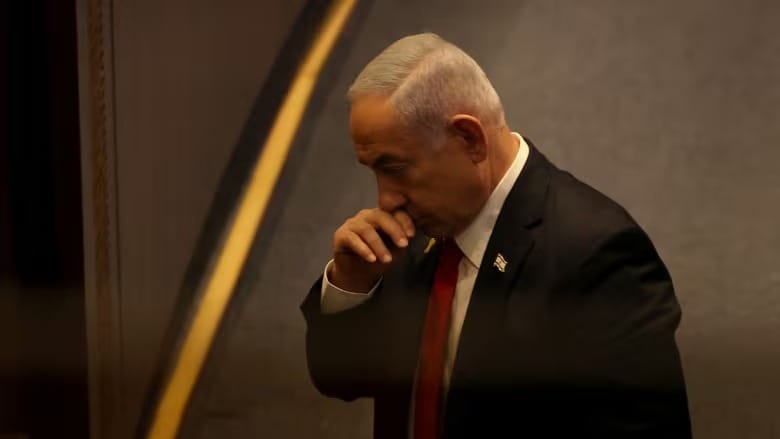Trump to worsen our plight: Palestinian, Lebanese victims of Israel’s wars
The US Republican’s election win fuels concerns of increased Israeli aggression and diminishes hopes for Palestinian self-determination.

People in Palestine and Lebanon are expressing concerns about a renewed period of instability in the region as Donald Trump prepares to assume office in January for his second presidential term. Trump’s re-election has stirred anxiety in areas like Gaza, the West Bank, and Lebanon, where many fear his strong support for Israel could intensify the conflict, potentially impacting Palestinian aspirations for self-determination.
In Gaza, a man named Abu Ali shared his distrust of U.S. leadership, remarking, “I’m expecting the war in Gaza to get even worse [under Trump].” Since a major escalation in 2023 following attacks on Israel, Gaza has endured significant losses. Israeli airstrikes have killed thousands of Palestinians and displaced nearly the entire population of 2.3 million, while concerns remain over forced expulsions. Trump’s recent comments indicate he might further back Israel in its military operations, as he has criticized the outgoing administration for allegedly curtailing Israeli actions.
The repercussions of Trump's approach are also being felt in Lebanon, where communities worry that his alignment with Israel could prolong conflicts involving Hezbollah. Residents in the south of Lebanon, displaced by Israeli bombings, are apprehensive about ongoing violence. Some, like Ali Saleem, anticipate that Trump may advocate for peace terms favoring Israel, pressuring Hezbollah and Lebanon to concede.
Trump's prior term brought policy changes that negatively impacted Palestinian rights, including cutting funds to UNRWA and moving the U.S. embassy to Jerusalem. Palestinian activists, such as Tasame Ramadan from Nablus, now fear similar measures could support Israel’s territorial ambitions in the West Bank and further undermine Palestinian sovereignty. She expressed frustration over Trump’s approach, noting that neither his re-election nor an alternative outcome brought optimism for Palestinian self-determination.
This situation highlights the complex and often difficult relationship between U.S. foreign policy and regional stability in the Middle East, as both Palestinian and Lebanese communities brace for what they perceive as a potentially challenging future under Trump’s administration.





